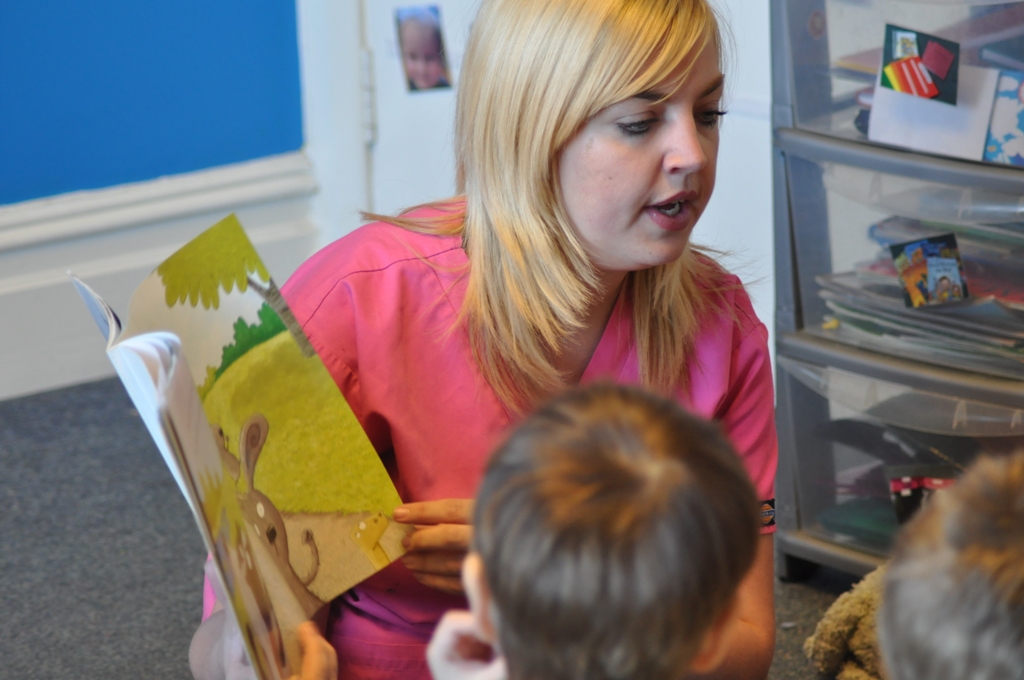10 top tips on how practitioners can enhance practice to support children’s communication
It is vital that all professionals working in the Early Year’s sector have the skills and knowledge to support children’s communication. Language is one on the most important contributing factors of children’s cognitive, social and emotional well-being. Some children may need further support in speech language and communication, therefore it is imperative that practitioners have the skills to identify communication difficulties and know where to access further support.
It is important that practitioners fully understands how to support children’s communication in practice. Here are 10 top tips to help practitioners enhance their practice;children’s communication in practice. Here are 10 top tips to help practitioners enhance their practice;
- Removing barriers – To help children develop the ability to speak, barriers need to be removed such as dummies or comforters. By doing this it will allow children when they are ready to use their whole mouth to create speech.
- Storytime – Make sure you are incorporating fun storytimes in your routine, read stories that children are familiar with and encourage the children to join in with the repeated phases. Making storytime fun will develop a love of language, giving the children abilities to develop their communication skills
- Sing songs and rhymes – Singing songs and rhymes provide children with the opportunities to learn new vocabulary. It also introduces news sound and allows them to use their voices to communicate.
- Quality questioning – Make sure you are asking quality open-ended questions that encourage children to communicate their answers. Ask questions that enable children to think and problem solve. Using quality questioning correctly will steer the conversation to be lead by the child rather than the adult.
- Introduce quiet times – A typical day at the nursery can have its busy times where voices are loud, creating quiet times will allow children to rest their voices and take a rest from the busy periods.
- Creating a communication friendly – A communication friendly environment supports the development of children’s communication skills and can also help remove the barriers to communication.
- Engage and listen to children- When children talk to you respond back, however, give them enough time to respond to you. Make eye contact with them and don’t forget to use open-ended questions.
- Encourage pretend play – Children feel more comfortable to express themselves when they are involved in pretend play. Children enjoy taking on roles and acting out different situations. By encouraging pretend play it is developing children’s language as well, as their social skills.
- Use clear instructions – Make sure these are clear and appropriate for the child’s age-and-stage of development. Be mindful of how much you are asking the child in one sentence. Keep it short and simple so that that the child can understand the communication.
- Effective role model – Ensure you are role modeling an effective communicator. What you are modeling is what you expect children to do.
It is also good practice to regular evaluate your practice and provision to see if what you are doing and offering are helping children reach their full potential.

In general , a valuable article , providing some helpful ideas . However – how does raising a young child’s anxiety … by removing their comfort object , encourage them to trust the adult… join in .. and have fun?
Once the trust and connection has been built it will be far easier to encourage the child to leave their dummy or blanket on a chair whilst doing the activity .
Measurable learning will never take place if anxiety is raised .